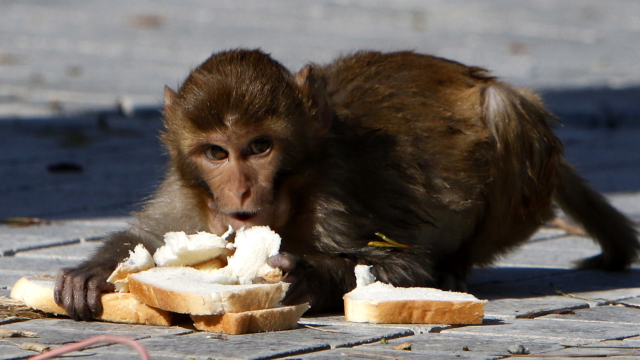The coronavirus has shined a bright light on how much we’ve divorced ourselves from nature. With more than a billion people in various states of lockdown, the air has cleared and wildlife has flourished.
There’s something magical about seeing a cougar lounging in tree in Boulder, Colorado, or orcas patrolling the the waters near metro Vancouver, British Columbia. I say this not to make a dumb “We are the virus” point, because frankly, that’s some serious bullshit. What are you, some kind of ecofascist?
No, I say this because, while the coronavirus lockdowns are definitely not something we’ve undertaken as a choice to benefit the natural world, they are a chance for us to consider how divorced we’ve become from it. More importantly, they show that we don’t have to continue living apart from nature once the lockdowns lift.
There’s a concept in ecology known as the “landscape of fear,” which refers to what our built environment has inadvertently become. Roads have cut the landscape once roamed freely into tiny parcels, and the cars zipping down them are essentially predators. That landscape can trigger an animal’s predation instinct and alter their behaviour. With the coronavirus, those threats have disappeared, and animals have quickly adapted to the less-deadly landscape.
“I’m not very surprised that animals seem to be getting some relief,” Katarzyna Nowak, a conservation scientist to CPAWS in the Yukon and a fellow at the Safina Centre, told Gizmodo.
That invites us to reconsider the built environment once the coronavirus passes. We could tear up roads or even people to work while also restoring the planet.
Beyond reducing fear, we can also make places more appealing for animals to hang. That could mean replacing your ecological disaster of a lawn with wildflowers to help pollinators, or fighting to keep park space open so birds have places to chill, particularly along flyways.
“There is an opportunity here to remind people of the links between healthy, resilient ecosystems and human well-being,” researchers wrote in a new analysis for the journal Biological Conservation. Indeed.
The need to reimagine our relationship with nature is all the more pressing in an era of global warming. The climate crisis is putting even more pressure on plants and animals and upping the risk of up to a million species going extinct. The coronavirus has put humanity at a crossroads, one where we can choose to keep walking down a path of destruction of the biosphere that has sustained us”or build a future that puts us back in balance.
